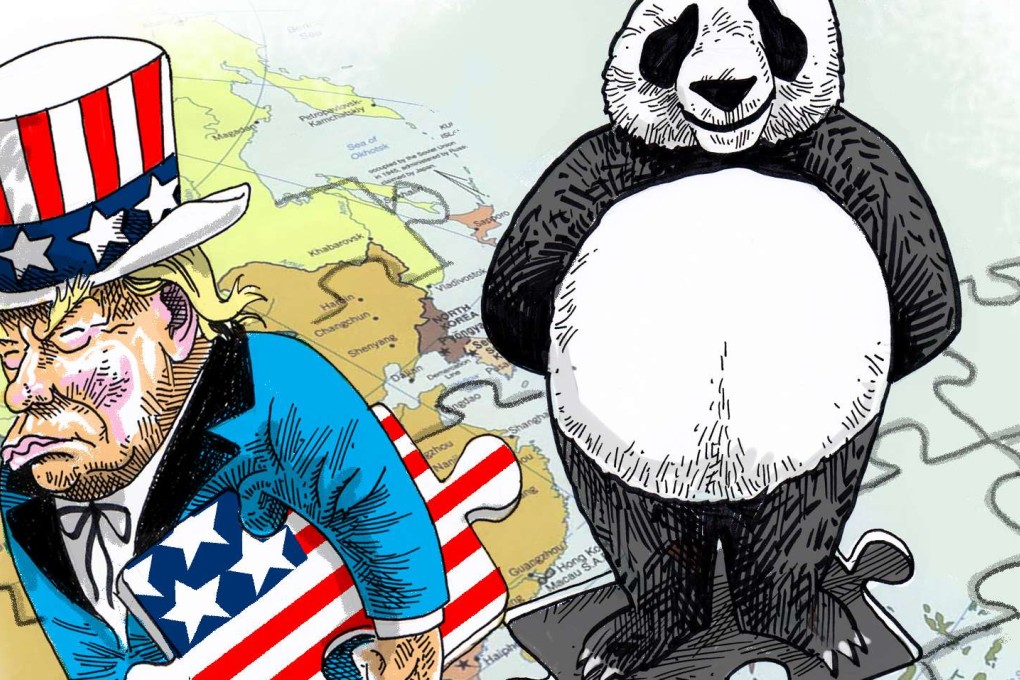Will Trump force Asia to choose China?
David Shambaugh says with the Trump administration seemingly withdrawing its attention from Asia – to the unease of the region’s smaller nations – China will be the one to benefit. But can Beijing seize the day?


Anxiety and anticipation across Asia as Donald Trump takes reins
Should the Trump administration become more internally preoccupied – as it is giving every sign of being – or even if it is distracted from Asia for six months or more, it will have the net effect of significantly enhancing China’s position. If mishandled by Washington, history may look back on this period as the turning point similar to when Britain retreated from the western hemisphere at the dawn of the 20th century, paving the way for America’s “manifest destiny” to prevail.
While inattention to Asia would be very deleterious for America and the region, Donald Trump’s likely confrontational policies towards China will place even more strain on various countries throughout the Indo-Asian region. Most Asian states have sought – and struggled to maintain – balanced relations between Washington and Beijing in recent years; they do not wish to “choose” between Washington and Beijing and, above all, they seek a stable and functional US-China relationship. At a minimum, Trump’s likely confrontational China posture will make them extremely nervous and, at a maximum, may entice some to gravitate closer to China.
Just how far will reckless Trump push China?

None will side with the US in such a superpower spat. And there is zero appetite to support Trump over his apparent desire to reopen discussion on the “one China” policy. They much prefer Uncle Sam to remain a steadfast balancer against expanding Chinese ambitions and influence.
Most Asian states have sought balanced relations between Washington and Beijing in recent years; they do not wish to ‘choose’ between Washington and Beijing
Taken together with the fluid dynamics of the region at present, Trump could offer Beijing a golden opportunity to expand its position and influence. By neglecting the region while confronting China, such a schizophrenic posture could squander America’s currently strong position in Asia.
These dynamics are particularly acute here in Southeast Asia, where the geostrategic and geo-economic sands have been shifting significantly in recent months. There is considerable fluidity at present and China’s position and influence is growing quite quickly. Across the region, China is exploiting openings and opportunities. To be certain, its island-building and territorial claims in the South China Sea – which were legally nullified by The Hague ruling – have been a net negative for Beijing, but overall China’s role has steadily grown in recent years. Its geographic proximity and money are Beijing’s two greatest assets in extending its influence.
